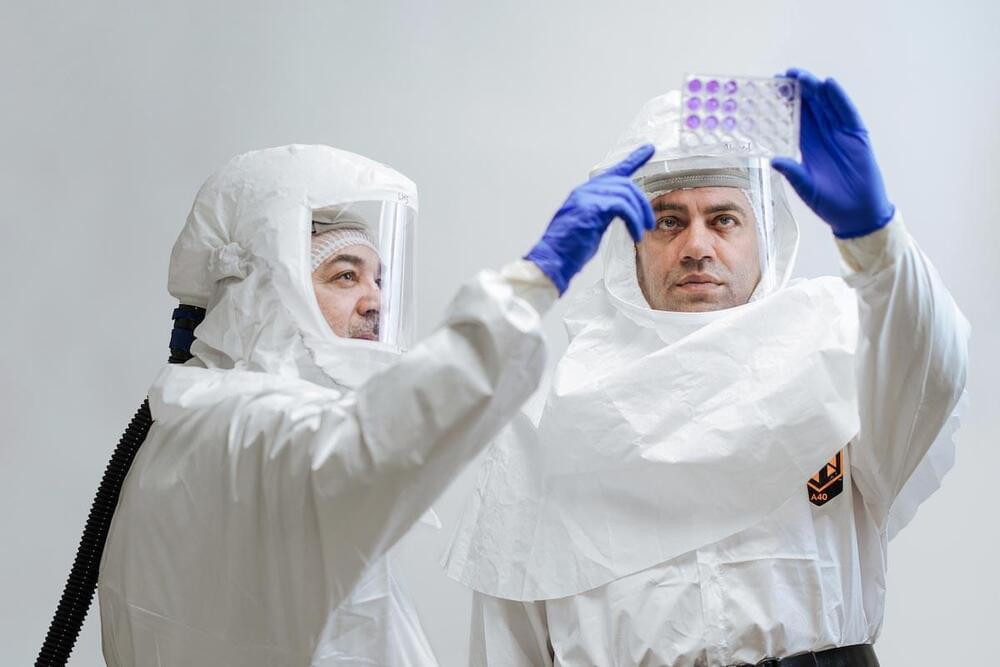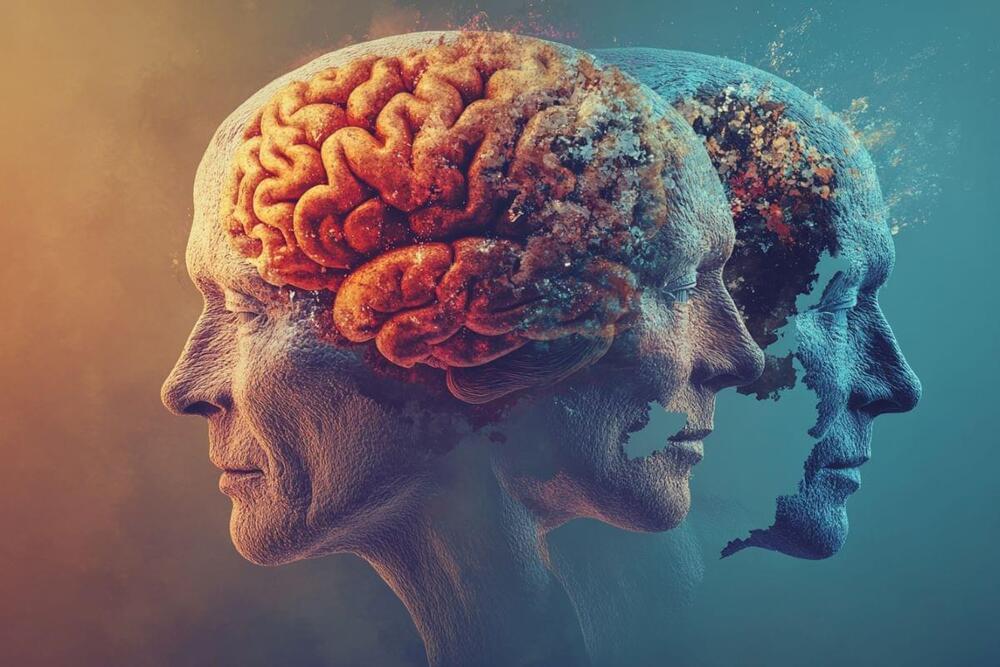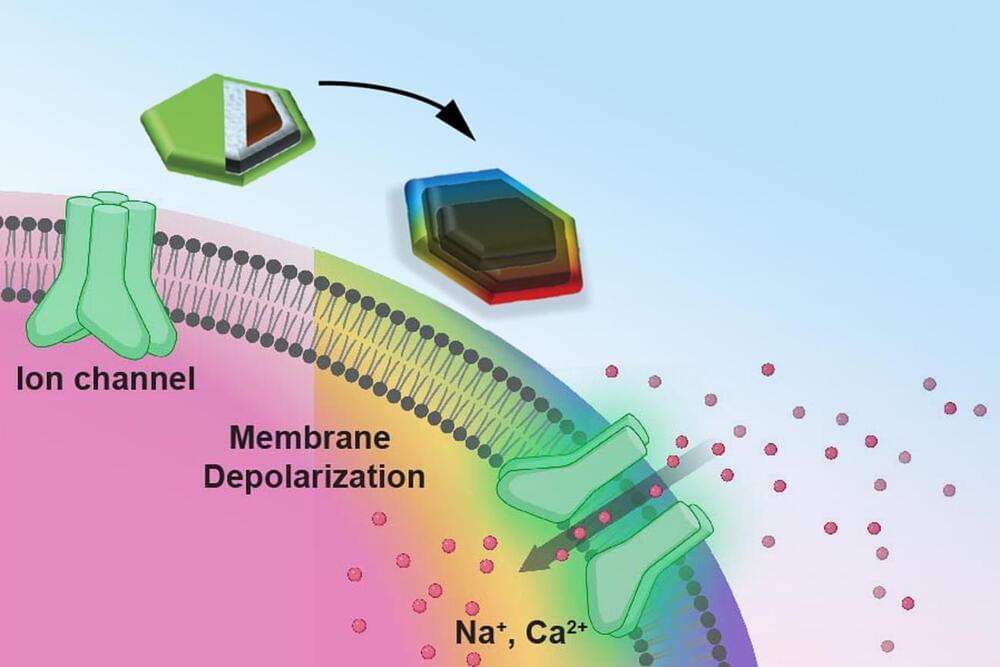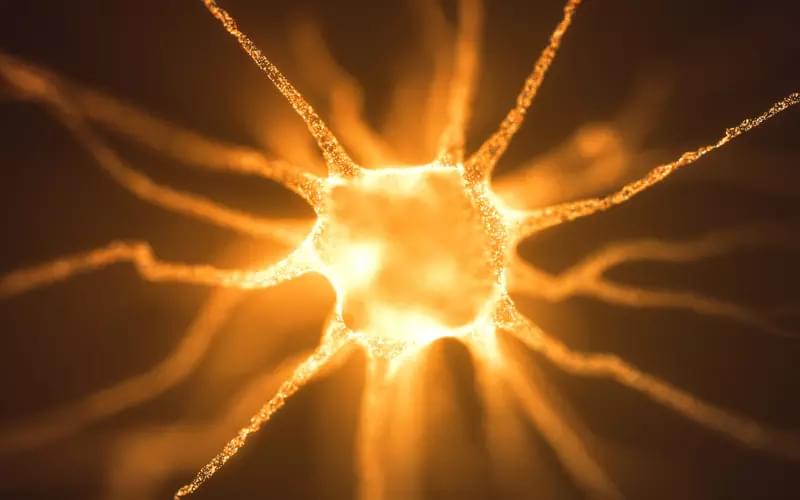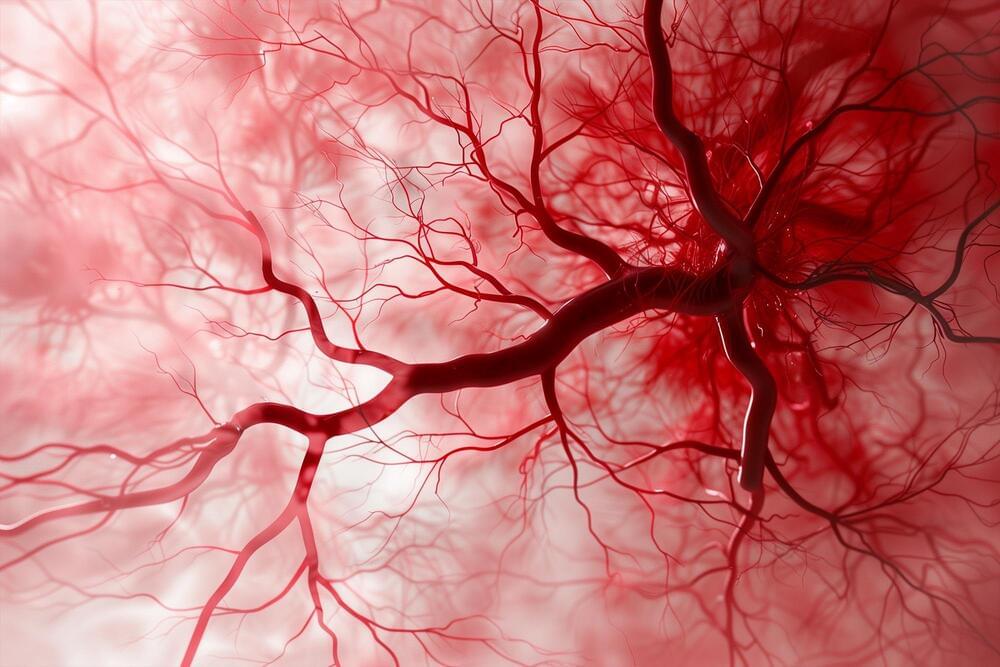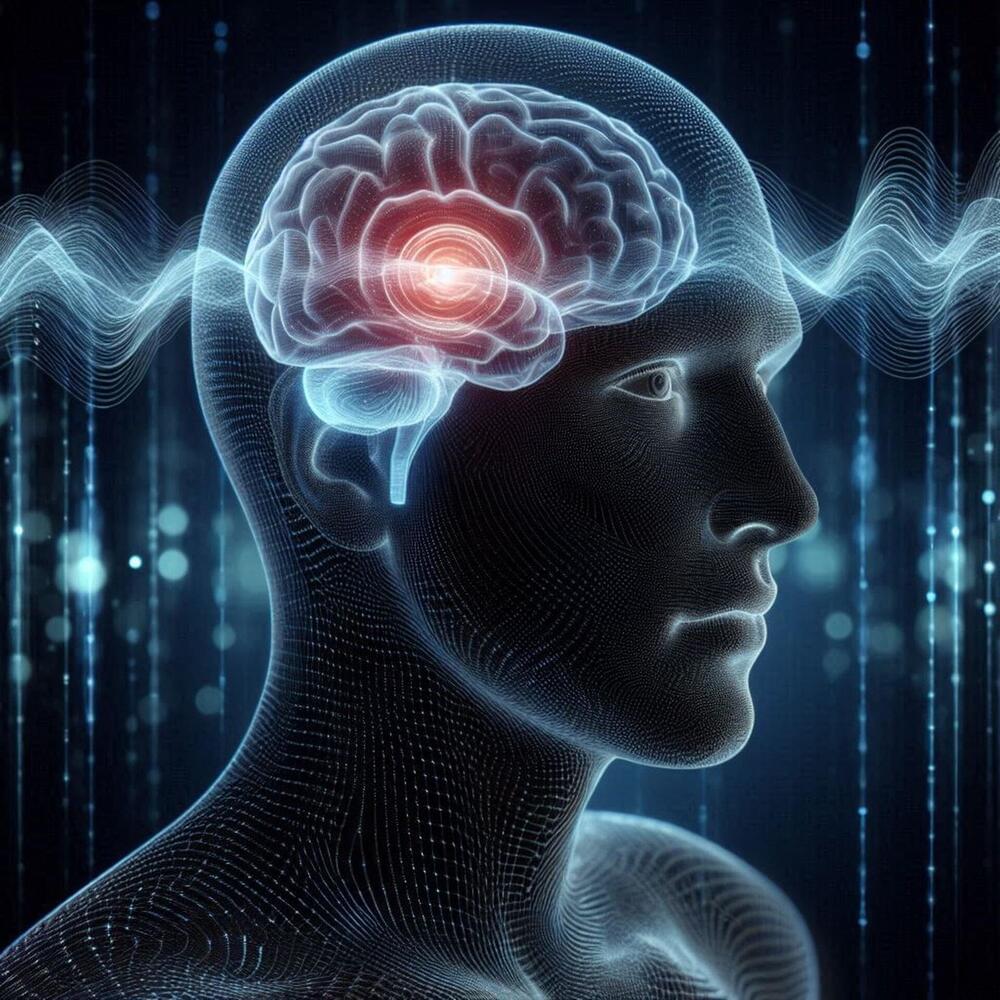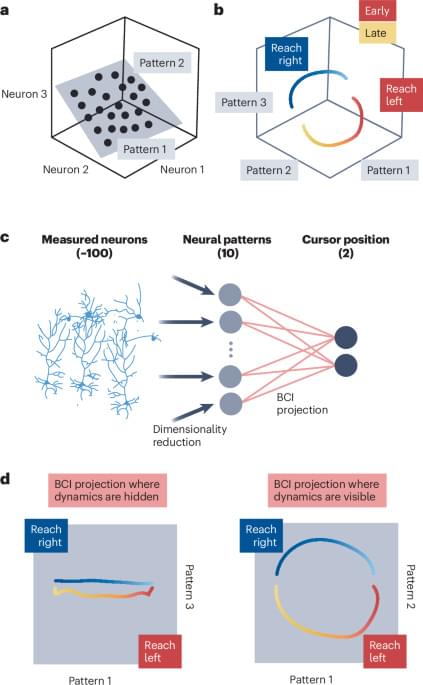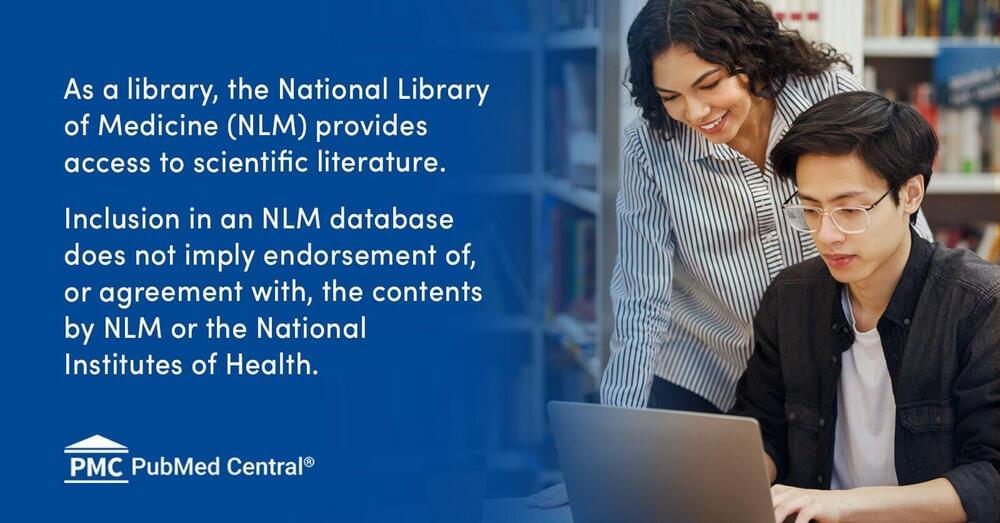The complexity of the human brain—86 billion neurons strong with more than 100 trillion connections—enables abstract thinking, language acquisition, advanced reasoning and problem-solving, and the capacity for creativity and social interaction. Understanding how differences in brain signaling and dynamics produce unique cognition and behavior in individuals has long been a goal of neuroscience research, yet many phenomena remain unexplained.
A study from neuroscientists and engineers at Washington University in St. Louis addresses this knowledge gap with a new method to create personalized brain models, which offer insights into individual neural dynamics. Led by ShiNung Ching, associate professor in the Preston M. Green Department of Electrical & Systems Engineering in the McKelvey School of Engineering, and Todd Braver, professor in the Department of Psychological & Brain Sciences in Arts & Sciences, the work, published Jan. 17 in PNAS, introduces a novel framework that will allow the researchers to create individualized brain models based on detailed data from noninvasive, high-temporal resolution brain scans. Such personalized models have applications in research and clinical settings, where they could support advances in neuroscience and treatment of neurological conditions.
“This research is motivated by our need to understand person-to-person variation in brain dynamics,” said first author Matthew Singh, who conducted the research while a postdoctoral fellow with Braver and Ching at WashU and is now an assistant professor at the University of Illinois Urbana-Champaign. “We’re not explaining the full range of biophysical mechanisms at work in the human brain, but we are able to shed light on why healthy individuals have different brain dynamics with our new modeling framework, which gives us insights into brain mechanics and testable predictions of brain phenomena.”
